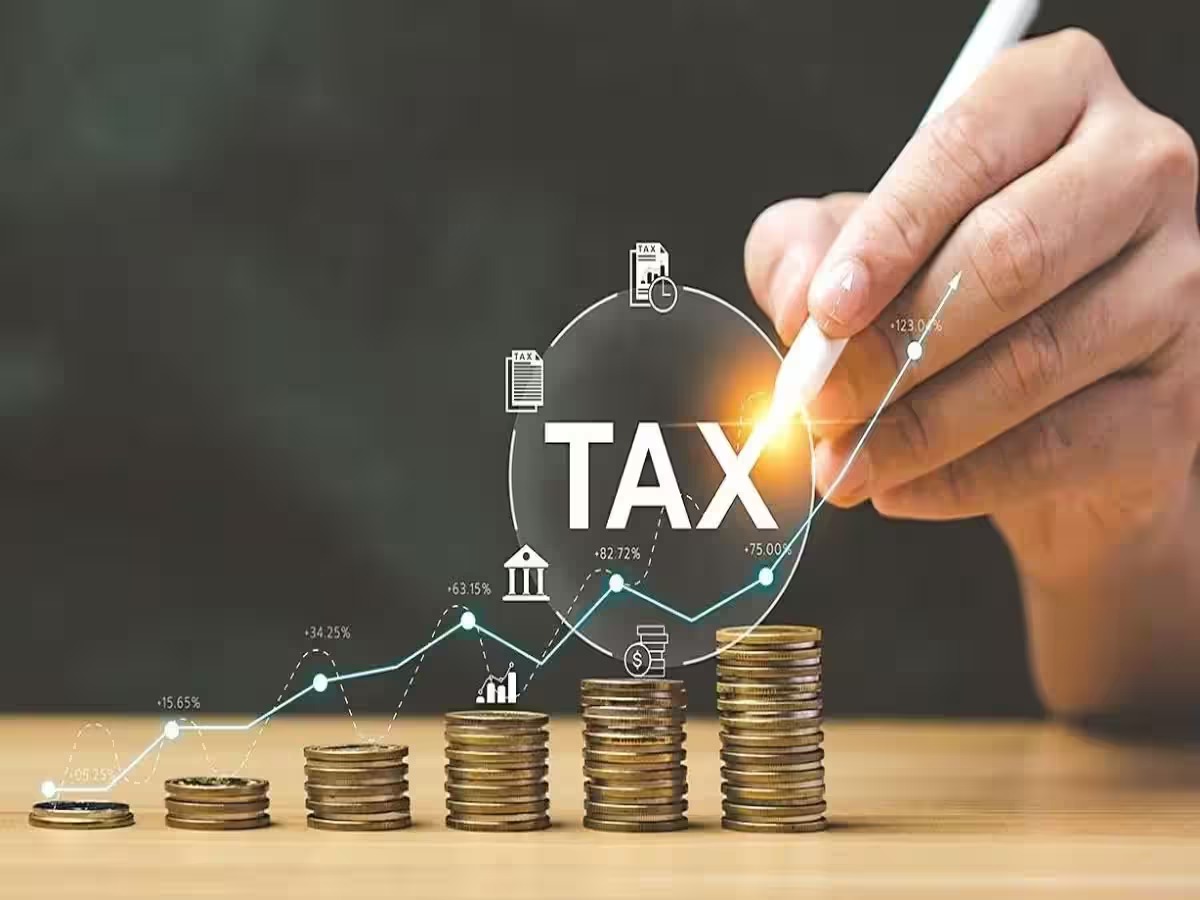
So that we do not have to take any step to save income tax….so it is important to pay attention to the rules of income tax. Do not do any such transaction which comes under the notice of the Income Tax Department and then we have to face a notice. Tax evaders are constantly on the radar of the Income Tax Department. The shopping and banking transactions of such people are kept under strict surveillance. So here we will tell you about 6 such transactions which if done in a financial year, the Income Tax Department can send a notice.
1. Income Tax Department notice on FD
There is a risk of notice if you make an FD of more than Rs 10 lakh in a financial year. Just as the bank can inquire if you deposit Rs 10 lakh in cash in a bank account in a financial year, this rule also applies to FD transactions. If someone deposits more than Rs 10 lakh as FD in a financial year, then the Income Tax Department can ask them about the source of the money.
2. Transactions in savings accounts
There is a risk of notice if you deposit Rs 10 lakh in one or different accounts in a financial year. According to CBDT rules, if a person deposits cash of Rs 10 lakh or more in a financial year, then it has to be reported to the Income Tax Department. This money can be deposited in one or more accounts of the same account holder.
3. Buy real estate above Rs 30 lakh
Real estate prices in cities and tier 2 towns are high and large transactions are common. But be cautious if you make a cash transaction of Rs 30 lakh or more while buying a property. The property registrar will inform the income tax department and in turn, you may be asked about the source of the money.
4. Buy mutual funds, debentures above Rs 10 lakh
Investing in shares, mutual funds, debentures etc. is considered a good option. Investing in this way also develops the habit of saving money but if mutual funds, debentures and bonds worth Rs 10 lakh or more are purchased in a single financial year, then there is a risk of notice. The Income Tax Department may ask you about the source of the money.
5. Buy overseas assets
Purchase of foreign currency worth Rs 10 lakh or more, including traveller's cheques and foreign currency cards, debit or credit cards.
6. Paying credit card bills
Nowadays the use of credit card has become common. Sometimes the bill of the users reaches lakhs of rupees. But if your monthly credit card bill is more than Rs 1 lakh and you want to pay it in cash, then the Income Tax Department can ask you about it. If you are paying Rs 10 lakh or more through any medium online or offline in a financial year, then the Income Tax Department can question you about the source of the money.
 look news india
look news india
